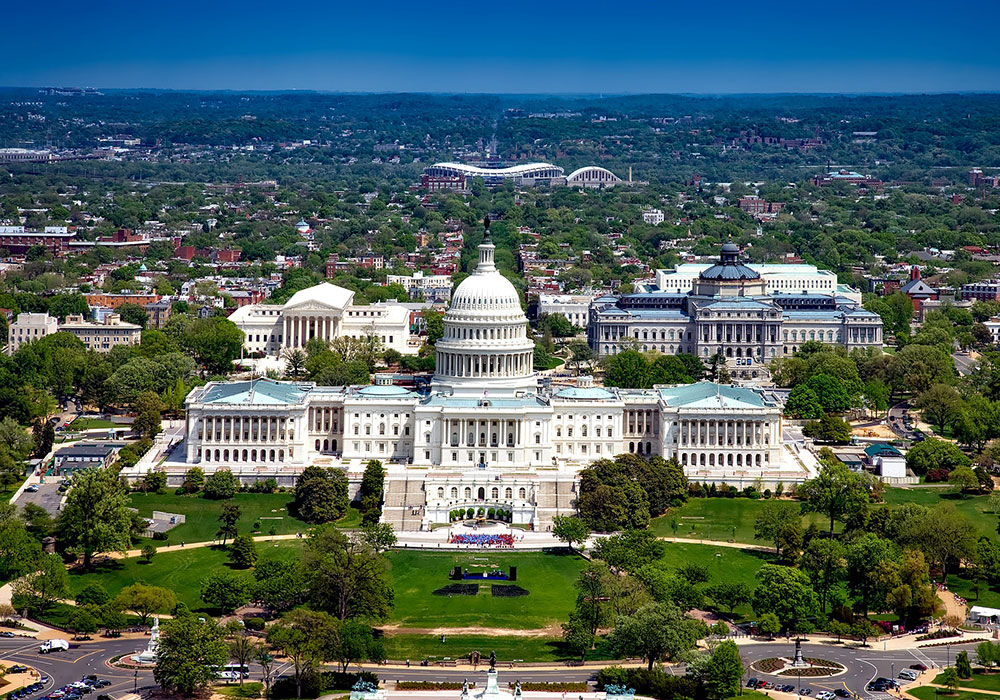As one of the only not-entirely-pandemic-related health policy topics currently in policymakers’ discussions, lawmakers are again revisiting the high cost of prescription drugs. Voters have voiced concerns in the current economic climate, and, eager to appease in the months before the November presidential election, the Trump administration responded.
On Friday, July 24, 2020, President Trump issued a series of executive orders to lower drug pricing. Although he’s long discussed his plan, the announcement took Congress and many in the pharmaceutical industry by surprise. In the weeks leading up to the release, even Republican leaders in the U.S. Senate were reluctant to advance any legislation on drug pricing amid congressional pandemic priorities. A planned meeting at the White House was also canceled because leading pharmaceutical companies refused to meet about a ruling that would mandate lowering Medicare payments for certain medicines to match costs paid abroad. Known as the most-favored-nation rule, the provision was dismissed by industry and patient advocacy groups as a barrier to innovation and access. The White House has asked for continued dialog and hopes to come to some compromise before the election.
Executive Order on Access to Affordable Life-Saving Medications
The Health and Human Services (HHS) secretary will take action to ensure that future grants to federally qualified health centers are conditioned on the center having established practices to make insulin and injectable epinephrine available at the 340B discounted price to individuals with low incomes who have cost-sharing for insulin or injectable epinephrine, a high unmet deductible, or have no health insurance. The order gives the secretary discretion to further detail who would qualify.
Executive Order on Lowering Prices for Patients by Eliminating Kickbacks to Middlemen
The HHS secretary “shall complete the rulemaking process he commenced” to eliminate safe harbor protection from antikickback law for payments from manufacturers to insurers, pharmacy benefit managers, and pharmacies under Medicare Part D and establish new safe harbors for discounts to patients at the point of sale.
Executive Order on Increasing Drug Importation to Lower Prices for American Patients
The HHS secretary must take action to complete the previous importation rulemaking process to allow importation of certain drugs from Canada. Additionally, he must facilitate the granting of waivers of the current prohibition on importation of drugs, “provided such importation poses no additional risk to public safety and results in lower costs to American patients.” Finally, he must take action to authorize the reimportation of insulin products when required for emergency medical care.






